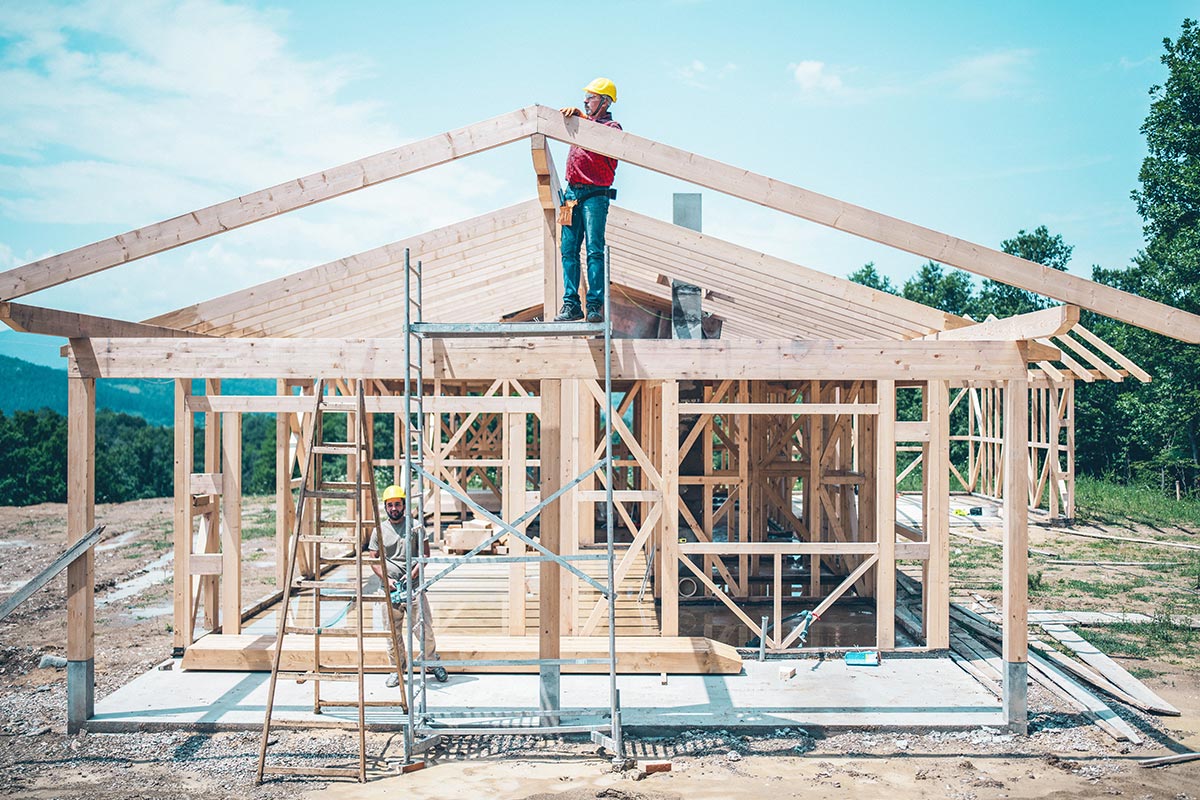
7 Strategies to Lower Mortgage Closing Costs
By Sharon Cook | Mountain America Credit Union
Most people know that a home purchase doesn’t end with the offer price. There are several other costs to take into consideration. The problem is, too many people forget to calculate these expenses when deciding how much home they can afford. This can lead to a big surprise during the mortgage process.
One major financial outlier is closing costs. These are the fees that a borrower is required to pay to numerous third parties at the time a mortgage closes (or is finalized) and can add up to several thousands of dollars. If you’re not prepared for it, this can create a significant financial challenge or delay the homebuying process.
As you seek to achieve the American dream of owning a home, here are seven strategies that can help you decrease the burden of closing costs:
-
Compare lenders and pay attention to the Loan Estimate form—Your lender must produce this form within three business days after you apply for a mortgage. It shows all the fees and costs, itemized for your review. It outlines exactly what you’re paying for and helps you comparison shop with other lenders. One note: make sure you get this document, as opposed to a “closing cost worksheet” or “fee itemization” that some lenders offer. The Loan Estimate is a legally binding document.
-
Shop around for the services you need—The Loan Estimate also lists services you can shop for like a home inspection, title search or title insurance. Take the time to compare prices—ideally, you’ll want to get quotes from four or five companies. Contact title and settlement services right away as they require more time to provide quotes. You may see a smaller savings with other companies—like pest inspectors and surveyors—but it all adds up!
-
Question lender fees—Some lenders charge a flat fee, while others charge for each item separately. However, when you start seeing more than just a few fees, you may be paying for more than you should. Watch out for ambiguous names like “funding fee” or “delivery fee.” Ask your lender about these—if your lender is unwilling to sufficiently explain these fees, reduce or waive them, you may want to consider using a different company.
-
Negotiate a seller contribution—Depending on the real estate market in your area, and the home itself, a seller may be willing to contribute toward closing costs. However, most markets are currently experiencing low inventory which means lots of buyer competition. This means sellers are less likely to make concessions.
-
Look for a mortgage that offers no closing costs—This option can help if you’re short on cash. Keep in mind that closing costs are not waived, they are wrapped into the loan. You still have to pay them, but they are spread out over the life of the loan. Be sure to read all the terms and conditions—no-cost mortgages are typically financed at a higher interest rate.
-
Inquire with your bank or credit union about discounts and rebates—Don’t forget to check with your current financial institution. They may offer discounts or rebates that can help lower your mortgage costs.
-
Research closing cost assistance grants—There are programs available through local and state housing agencies that help homebuyers cover closing costs on new mortgage loans. Many are targeted to low- to moderate-income borrowers and do not require repayment if you meet certain requirements.
If you remember anything, it should be that closing costs are negotiable. The best practice is to ask questions and compare fees and service charges from at least two lenders—more, if possible.
Sharon Cook is a wife, a mother and a Chief Marketing Officer/SVP of Mountain America Credit Union, where she oversees the marketing, PR, social and web departments. She has dedicated her life to helping people make smart decisions—whether financial, professional or personal. “It’s why I love all of my roles,” says Sharon.


